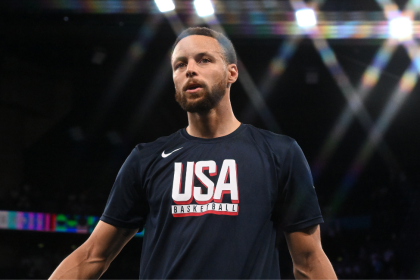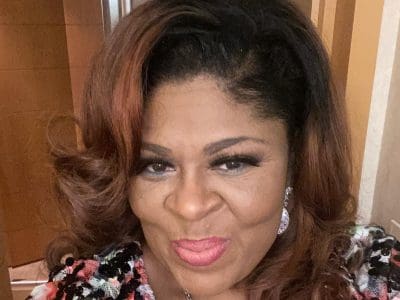Independent bookstores across America are making an unprecedented decision to remove the Harry Potter series from their shelves, marking a dramatic confrontation between literary commerce and social activism that’s reshaping how small businesses navigate cultural controversies.
The movement gained national attention when Booksmith, a beloved independent bookstore in San Francisco’s Haight-Ashbury district, announced it would no longer carry J.K. Rowling’s seven-book series. The decision represents a striking departure from traditional retail practices where profit typically trumps politics.
The breaking point
The controversy intensified when Rowling established a legal fund using her franchise profits to support what she describes as women’s rights initiatives. Critics argue this fund specifically targets transgender-inclusive policies, creating a direct financial pipeline from book purchases to political activism that many retailers found unacceptable.
For bookstore owners, this transformed the issue from abstract political disagreement to concrete financial participation in causes they oppose. Every Harry Potter sale would now contribute to Rowling’s fund, forcing retailers to choose between profitable inventory and their values.
Rowling’s public statements on gender identity have drawn sustained criticism since 2020, when she responded sarcastically to a United Nations report referring to people who menstruate. The backlash intensified as she continued defending what she calls biological sex distinctions while establishing her controversial legal fund.
A growing movement
Fabulosa Books, another independent retailer with strong LGBTQ+ community ties, quickly followed Booksmith’s lead. The store posted window messaging announcing their decision to stop buying and selling Rowling’s works, demonstrating the growing willingness of small businesses to take visible political stances.
This coordinated response reflects broader trends in retail activism, where businesses increasingly use their platforms to advocate for social causes. Independent bookstores, which often serve as community cultural centers, feel particular pressure to align their operations with their stated values.
The solidarity among these retailers highlights their unique position within local communities. Unlike large chain stores, independent bookstores often function as gathering spaces where political positions carry more personal weight with regular customers.
Creative alternatives emerge
Rather than simply removing books without replacement, affected stores developed comprehensive strategies to serve customers seeking similar literary experiences. Staff recommendations now prominently feature authors like Ursula K. Le Guin, whose Earthsea series offers comparable fantasy elements, and Rick Riordan’s Percy Jackson books for younger readers.
Some retailers suggest customers interested in Harry Potter seek used copies, which generate no author royalties. This compromise acknowledges the series’ literary value while avoiding direct financial support for Rowling‘s political activities.
The recommended alternatives span multiple genres and age groups, demonstrating significant staff investment in identifying suitable replacements while maintaining customer satisfaction under new ethical guidelines.
Industry implications
The bookstore boycotts raise fundamental questions about separating art from artist, particularly when creators use profits to advance controversial political causes. This situation challenges traditional publishing industry relationships and could establish precedent for future similar controversies.
Publishing observers note that independent bookstores represent a small fraction of total retail channels, limiting immediate financial impact on Rowling. However, the symbolic importance extends beyond sales figures, potentially influencing public perception and broader industry practices.
The willingness of profitable retailers to sacrifice lucrative inventory for political principles suggests a significant shift in business priorities within certain market segments, particularly those serving socially conscious communities.
Mixed community reactions
Local responses have been divided, with some customers praising retailers’ principled stances while others criticize what they view as censorship or political overreach. This division mirrors broader societal disagreements about transgender rights and appropriate limits of commercial activism.
The controversy has sparked discussions about whether bookstores should curate inventory based on authors’ political activities rather than literary merit alone. Some argue that retail spaces have always reflected owner values, while others worry about limiting access to popular literature.
As the debate continues, these independent bookstores position themselves at the forefront of evolving conversations about corporate responsibility and social justice. Their decisions may inspire other retailers to examine inventory choices through similar ethical frameworks, potentially reshaping literary retail landscapes in communities nationwide.
The long-term impact remains uncertain, but the precedent is clear: small businesses are increasingly willing to sacrifice profits to maintain alignment with their values, even when it means removing beloved cultural touchstones from their shelves.
















